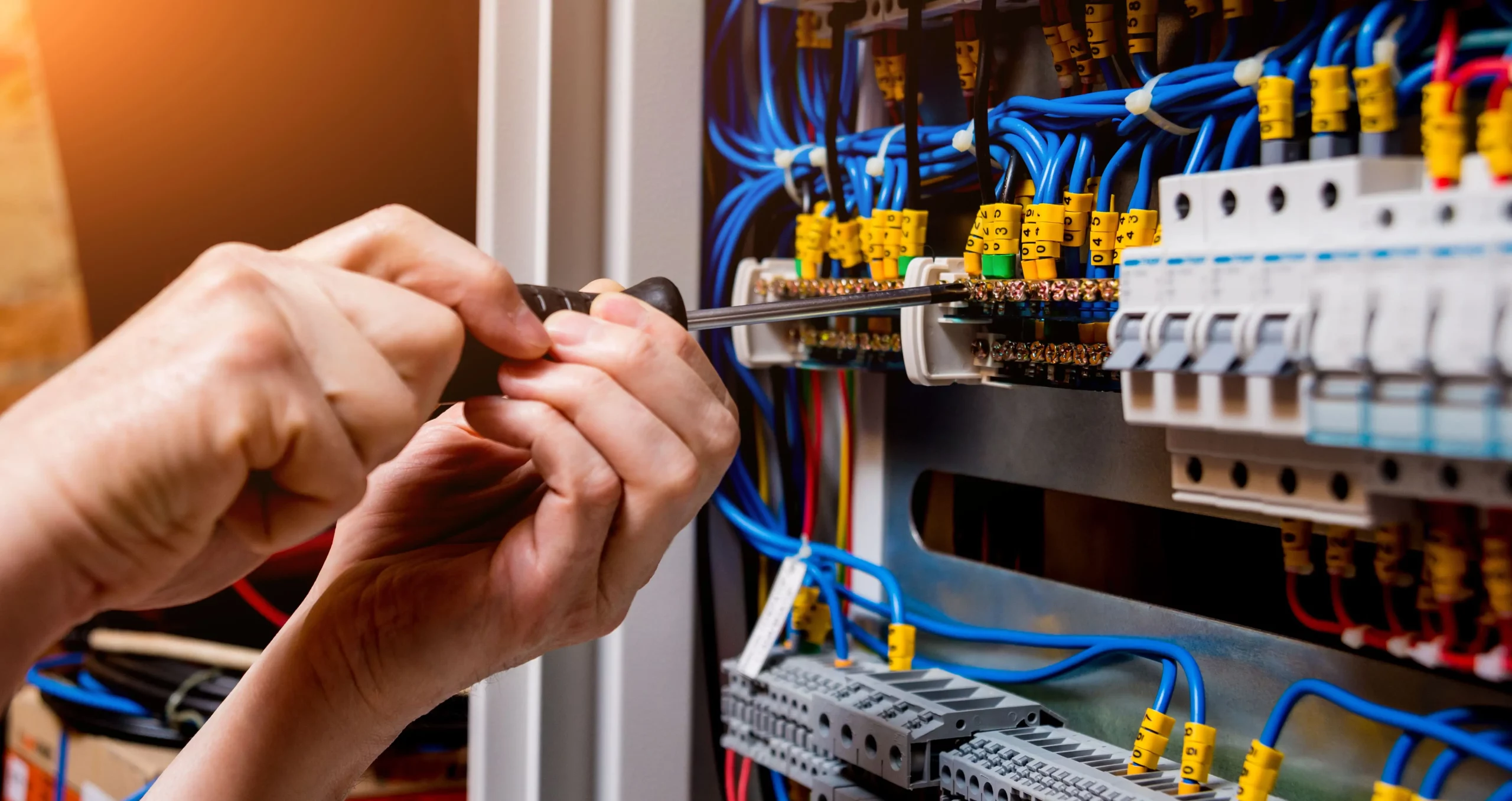As a landlord in the UK, ensuring the safety and well-being of your tenants is not just a moral responsibility but also a legal one. Electrical safety inspections are a crucial part of this responsibility. This article aims to guide landlords through the essentials of electrical safety inspections, highlighting their importance, benefits, and legal obligations.
Understanding the Importance
Electrical safety is paramount in any property. Faulty electrical installations can lead to serious accidents, including electric shocks and fires. Regular inspections help identify potential hazards before they escalate into emergencies, ensuring the safety of your tenants and property.
Legal Requirements for Landlords
In the UK, landlords are legally required to ensure that electrical installations in their properties are safe when tenants move in and maintained in a safe condition throughout the tenancy. This includes regular inspections and testing by a qualified electrician. Landlords must comply with the Electrical Safety Standards in the Private Rented Sector (England) Regulations 2020 or equivalent regulations in other UK regions.
The Inspection Process
A thorough electrical safety inspection involves several key steps:
- Visual Inspection: Checking for any visible signs of damage or wear.
- Testing Electrical Installations: Assessing sockets, light fittings, fuse boxes, and other installations for safety and functionality.
- Ensuring Compliance with Safety Standards: Making sure all electrical installations meet current safety standards.
- Identifying Potential Hazards: Highlighting any areas that require immediate or future attention.
Certification and Documentation
After the inspection, a report known as an Electrical Installation Condition Report (EICR) is provided. This document details the condition of the electrical installations and any recommended actions. Landlords must keep a record of this report and provide a copy to their tenants and, if requested, to the local authority.
The Benefits of Regular Inspections
Conducting regular electrical safety inspections has several benefits:
- Prevents Accidents: Reduces the risk of electrical fires and accidents.
- Compliance with Legal Obligations: Helps landlords meet legal requirements and avoid penalties.
- Peace of Mind: Ensures the safety and satisfaction of tenants.
- Property Value Preservation: Maintains the property’s condition and value.
Conclusion
Electrical safety inspections are an essential aspect of property management for landlords. By ensuring these inspections are carried out regularly by qualified professionals, landlords can provide a safer environment for their tenants, meet their legal obligations, and maintain the value of their property.

